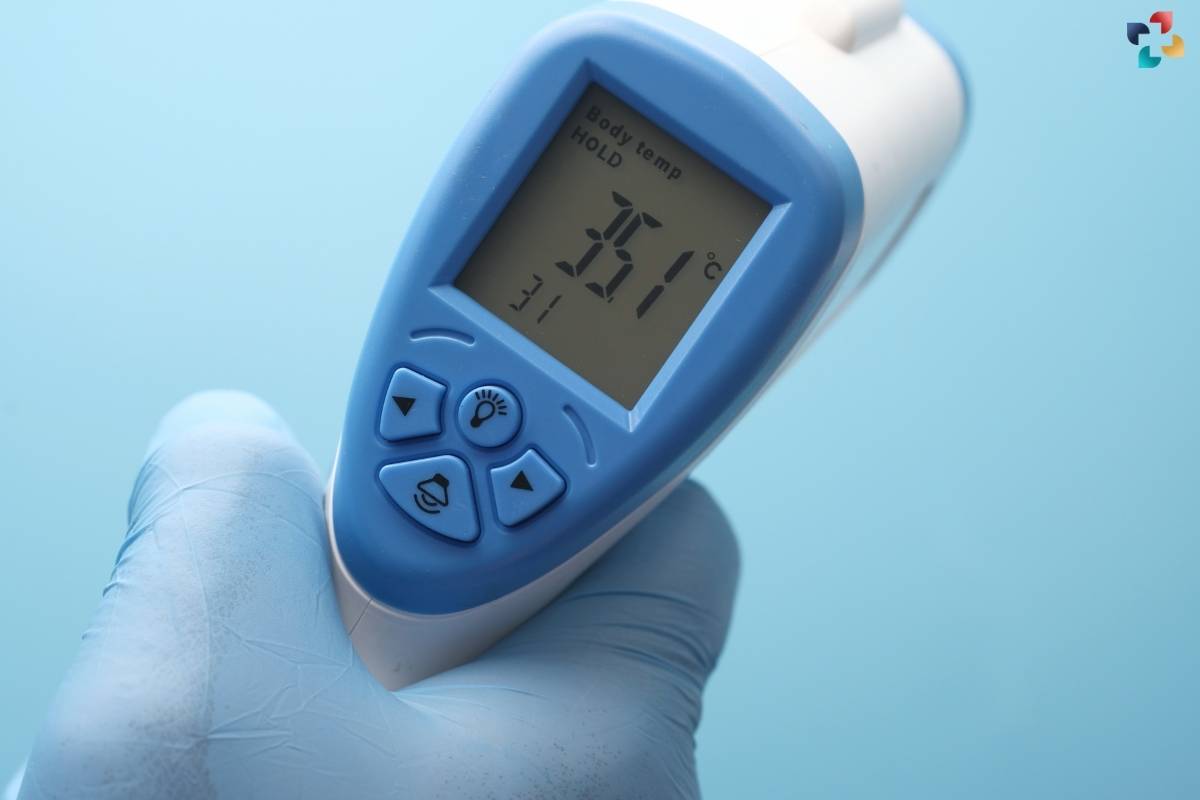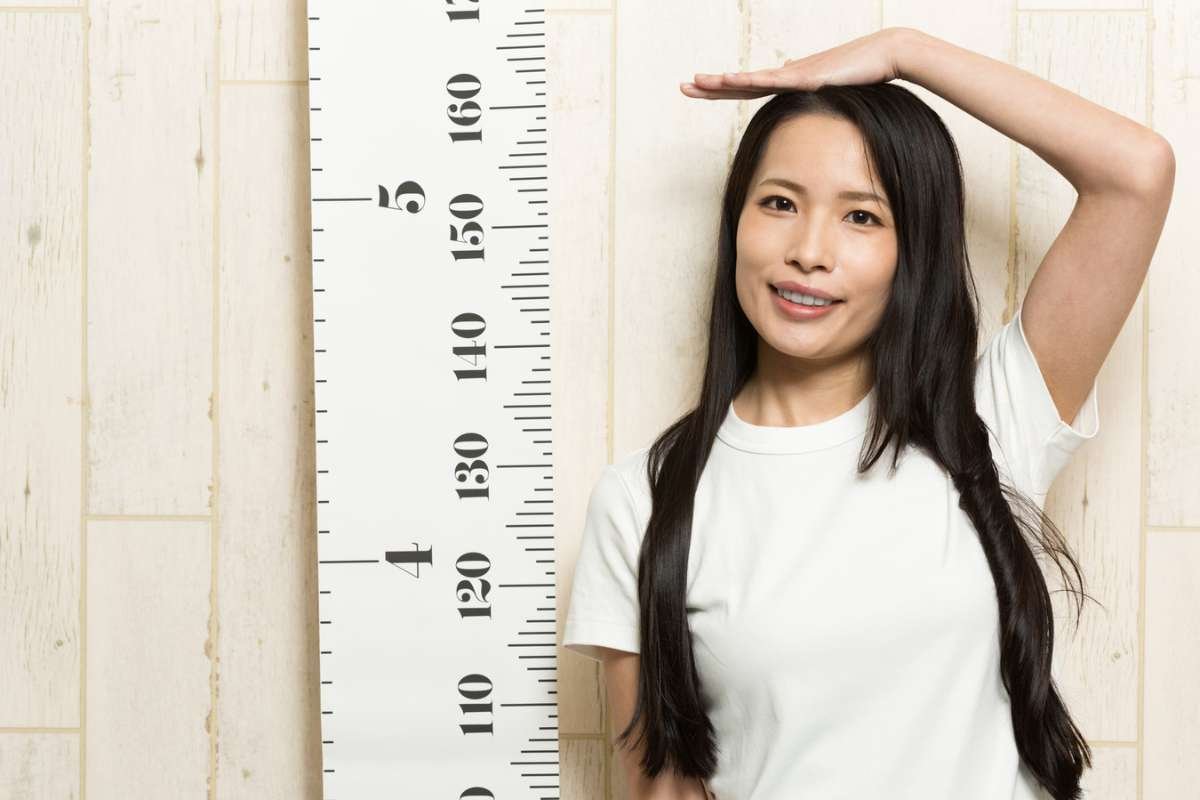A well-stocked medical first aid kit helps you to take quick action. In cases of emergencies, a ready kit will come as a savior for you. Any small mishaps like falls, cuts, bruises, and spasms come uninvited every time. To avoid further damage the kit should be ready at all times. This is the basic requirement of any household. Especially for a family consisting of elderly people and children who tend to fall or are prone to accidents frequently.
A well-stocked first aid kit is not just a convenience; it’s an essential item that should be found in every household. The key items that should be part of your first aid kit, along with the must-have supplies for your medical cabinet. We’ll also discuss why a first aid kit is indispensable for every home and what medical professionals recommend in terms of preparedness. Let’s have a look at Essential Items for a First Aid Kit and Must-Have Supplies for Your Medical Cabinet.
Here are 12 First Aid Kit Essential Items:
A first aid kit is your first line of defense when accidents, injuries, or sudden illnesses occur. It’s crucial to have a well-organized kit ready, as it can make a significant difference in responding effectively to emergencies. Here are the essential items you should include in your first aid kit:
1. Adhesive Bandages

Adhesive bandages, often known as “band-aids,” are invaluable for covering and protecting minor cuts, scrapes, and blisters.
2. Sterile Gauze and Dressings
Sterile gauze and dressings are essential for larger wounds that require more coverage and protection.
3. Antiseptic Wipes or Solution
Cleaning wounds is a critical step in preventing infection. Antiseptic wipes or solutions help disinfect minor wounds before dressing them.
4. Scissors and Tweezers
Scissors are useful for cutting tape, gauze, or clothing in an emergency. Tweezers can help remove splinters or debris from wounds.
5. Medical Tape
Medical tape is used to secure bandages and dressings in place, ensuring they stay clean and secure.
6. Disposable Gloves
Disposable gloves are essential to protect both the person providing first aid and the injured individual from contamination.
7. Pain Relievers
Over-the-counter pain relievers like ibuprofen or acetaminophen can help alleviate minor aches, pains, and fever.
8. Thermometer

A thermometer is essential for monitoring body temperature, especially in cases of fever or illness.
9. CPR Face Shield or Mask
In case of a medical emergency requiring CPR, a face shield or mask can provide a barrier and protect both the rescuer and the victim.
10. Elastic Bandage
Elastic bandages are useful for supporting injured joints and providing compression for strains and sprains.
11. Cold Packs
Cold packs or instant cold compresses can help reduce swelling and soothe minor injuries.
12. First Aid Manual
A comprehensive first-aid manual is essential for providing guidance and instructions on various medical emergencies.
Here are 8 Medical Cabinet Items Must-Haves:
In addition to a well-stocked first aid kit, it’s wise to keep certain medical supplies readily available in your medicine cabinet. These items can help you address common health concerns at home:
1. Pain Relief Medications
Over-the-counter pain relievers like ibuprofen, acetaminophen, and aspirin should be part of your medicine cabinet for managing pain and fever.
2. Allergy Medications
Antihistamines and decongestants can be crucial for addressing allergies, especially during allergy seasons.
3. Cough and Cold Remedies
Cough syrups, throat lozenges, and decongestants can provide relief from common cold symptoms.
4. Antacids
Antacids can help alleviate heartburn and indigestion, providing relief after heavy or spicy meals.
5. Anti-diarrheal Medications
Anti-diarrheal medications can be vital for managing occasional bouts of diarrhea.
6. Oral Rehydration Solution
Oral rehydration solution (ORS) is essential for rehydrating in cases of dehydration due to illnesses like gastroenteritis.
7. Thermometer
A thermometer is essential for monitoring body temperature, especially during illness.
8. Prescription Medications
If you or a family member takes prescription medications regularly, ensure an adequate supply is available in your medicine cabinet.
Why a First Aid Kit is Essential
A first aid kit is more than just a collection of supplies; it’s a symbol of preparedness and responsibility. Here’s why every household should have a well-stocked first aid kit:

1. Immediate Response to Injuries
A first aid kit allows for immediate response to injuries, reducing the risk of complications and the severity of wounds.
2. Preventing Infection
Properly cleaned and dressed wounds are less likely to become infected, which is crucial for the healing process.
3. Handling Common Health Issues
First aid kits and medical cabinets enable you to manage common health issues at home, saving time and resources.
4. Providing Comfort
Having the necessary supplies on hand can provide comfort and reassurance during emergencies, reducing anxiety and stress.
What Medical Professionals Recommend
Medical professionals strongly advocate for having a first aid kit at home. Dr. Sarah Thompson, an emergency room physician, emphasizes the importance of preparedness: “A well-stocked first aid kit can make all the difference in an emergency. It empowers individuals to take immediate action and seek professional medical help when needed.”
Dr. Thompson also recommends periodically checking the kit’s contents for expired items and replacing them promptly. She adds, “A first aid kit is like a safety net for your family’s health. It’s a small investment that can have a significant impact on well-being.”
Conclusion:
A well-stocked first aid kit and a carefully maintained medical cabinet are essential for every household. These supplies empower you to respond effectively to injuries, illnesses, and common health concerns, promoting the well-being of your family. It’s not just about having the supplies; it’s about being prepared for the unexpected, ensuring that you can provide immediate care and comfort when needed.
So, take the time to assemble your first aid kit and medical cabinet, and remember to periodically check and replenish their contents. By doing so, you’ll be better prepared to handle life’s unexpected twists and turns, promoting a safer and healthier home environment for you and your loved ones.

5 Best First-aid Tips for Pet Owners
The prospect of our animals being in pain because we are ill-equipped to care for them is the biggest fear of most people who own pets.







